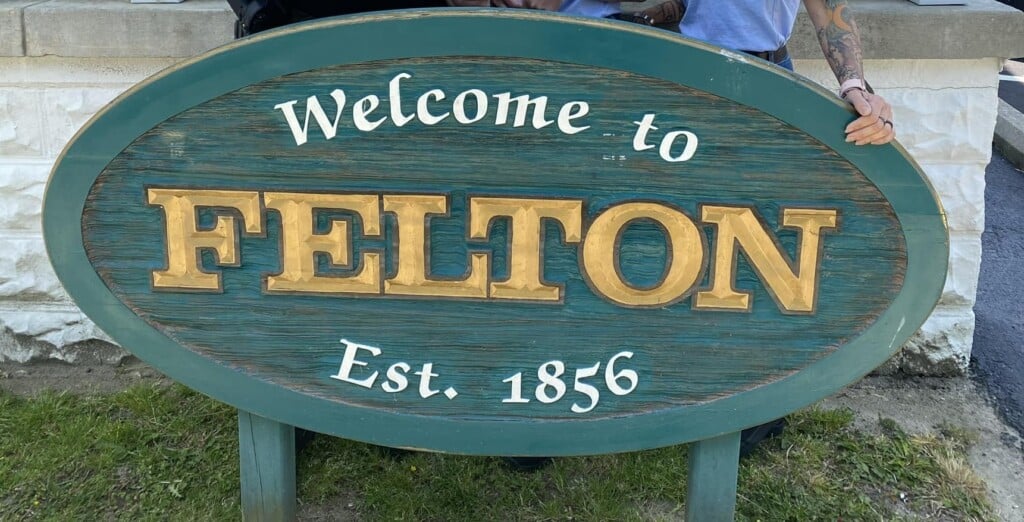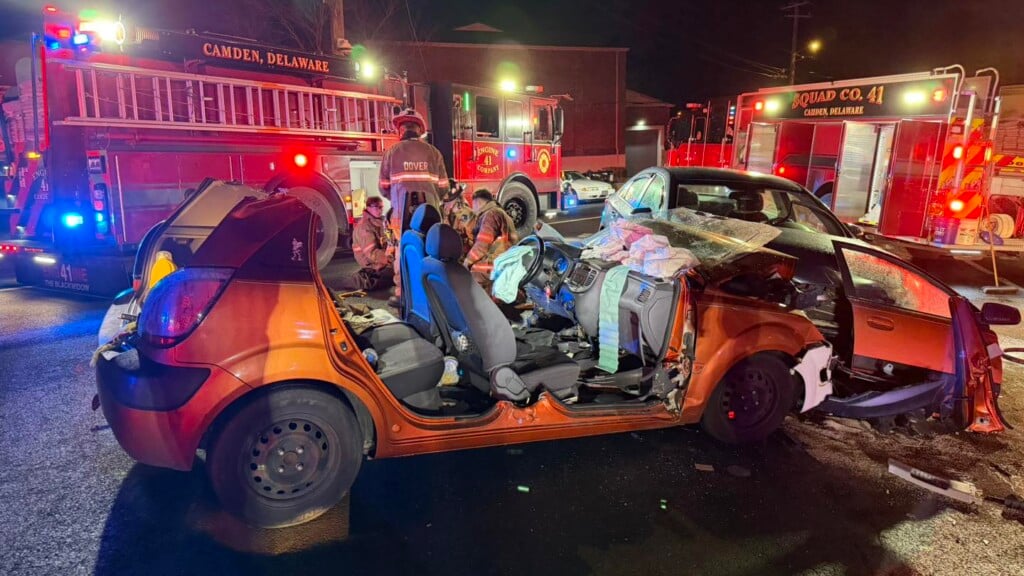Del. AG files lawsuit against agrochemical company for PCB contamination
WILMINGTON, Del. – Delaware Attorney General Kathy Jennings filed a lawsuit on Wednesday against agrochemical giant Monsanto and two of its corporate spinoffs for long-lasting damage to the state’s natural resources.
We’re told the lawsuit seeks to recover damages and cleanup costs associated with polychlorinated biphenyls (PCBs), which are extremely toxic and persistent chemicals that Monstanto reportedly manufactured for decades, despite knowing the dangers they posed to the environment and public health.
“Monsanto knew that PCBs were toxic and that once they entered the environment, they would be there to stay,” said Attorney General Jennings. “Even as PCBs’ environmental harms became undeniable, Monsanto not only continued to manufacture and sell PCBs, but increased production. Now, decades since PCBs were banned, Delaware taxpayers are still footing the cleanup bill. We’re suing Monsanto and its spinoffs to make them pay to clean up their mess.”
The lawsuit, filed in Delaware Superior Court, argues that Monsanto knew as early as the year 1937 that PCBs had systemic toxic effects on humans and animals. In addition, it argues that the company not only understood, but actively promoted the fact that PCBs do not naturally break down, and despite full awareness of these dangers, Monsanto determined, in its own words, that it “could not afford to lose one dollar of business” and continued manufacturing, marketing, and selling PCBs because “selfishly too much Monsanto profit” would be lost otherwise.
We’re told Monsanto was the only major manufacturer of PCBs in North America for nearly 50 years until Congress banned the chemicals’ domestic manufacture in 1978. Despite the ban, PCBs continue to pollute Delaware’s natural resources and waterways, including the Delaware River, Delaware Bay, and the Christina River Basin, as well as fish and wildlife throughout the state. Officials also say disturbances to contaminated waterway sediment, including dredging, can exacerbate the issue.
PCBs are difficult and expensive to remove from the environment, and officials say they accumulate in the fatty tissues of living organisms. As a result, these toxic chemicals infiltrate the food chain and accumulate in escalating concentrations as species higher up the food chain feed on smaller species.
Bayer released the following statement regarding the lawsuit:
“We are reviewing this lawsuit and will respond to the complaint at the appropriate time; however, we believe it is without merit. Monsanto voluntarily ceased its lawful manufacturing of PCBs more than 40 years ago, and never manufactured, used, or disposed of PCBs into Delaware’s waters, and therefore should not be held liable for the contamination alleged by the state. Where it has been determined that those cleanups are necessary, federal and state authorities employ an effective system to identify dischargers and allocate clean-up responsibilities. Litigation of the sort brought by the state risks undermining these efforts.”
To read the full lawsuit, click here.



